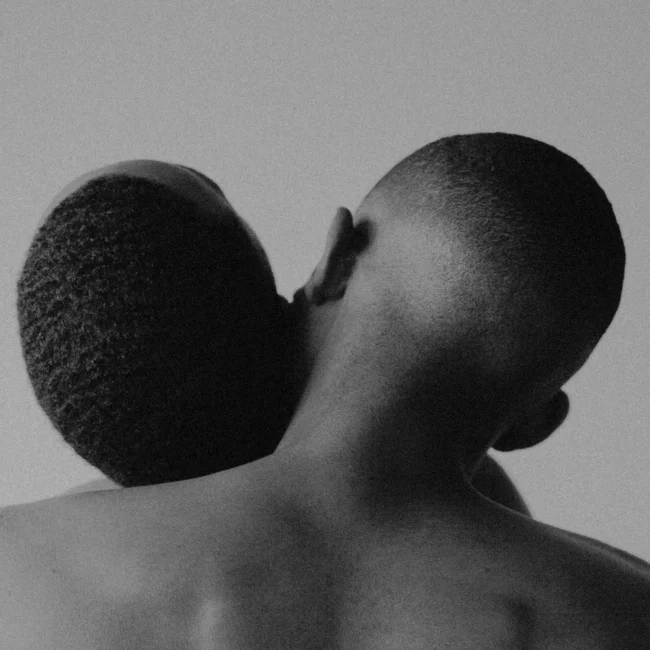Fasting. That famous F word has really been shaking its tailfeather across everyone’s dining room tables. This wild child really knows how to stimulate conversation and prompt intrigue. Some folks are deeply obsessed, whilst others ridicule and think fasting is just à la mode, because who would want to wait until noon to partake in breakfast?
Is the wait worth the weight.
Intermittent fasting is characterized by a restriction of food intake at alternating periods of time. In layman’s terms, you switch between eating and fasting. There are multiple time periods that you can adopt but typically, you would consume food within an eight-hour window, commencing at noon and finishing at 8pm. No bites outside of this timeframe.
Is the hanger starting to kick in? Yes, hanger is a common symptom experienced when you embrace this diet, we won’t lie. So, is the wait worth the weight? This diet affects men and women differently. If the goal is weight loss, then this could very well be your meal ticket as the kg’s can shed. Research also suggests that intermittent fasting can assist with cardiovascular health by lowering blood pressure, reducing cholesterol levels and in turn decreasing diabetes risk.
We hate to admit it but this isn’t designed for all genders. Intermittent fasting does wonders for men, however, for the femme community, you can be at risk of reproductive complications i.e., hormone dysregulation, resulting in loss of menses, a decline in bone mass, and energy levels. Collectively these contribute to a woman’s overall wellbeing, and whilst the goal for many is weight loss, it can cause further implications down the track, if used for long periods of time. Food for thought.
Fasting 101.
If you are ready to joyride down this path, then strap yourself in and pedal to the metal.
Select your intermittent fast period 12,14 or 16 hours, and then customize it. This is your fasting journey, check-in within thyself and find what works for you. Take note of your energy and stress levels and adjust accordingly.
The question on everyone’s lips as soon as they embark, can you still have your morning coffee whilst fasting? Yes, but there are T & C’s that need to be discussed before we give you a strong thumbs up. You can have a long black, however, there is research that suggests that a black coffee can affect your fast due to an increase in cortisol levels, as your liver is trying to process the caffeine, which in turn increases stress on the body. This will make it harder for your body to breakdown glucose, which can cause weight gain. Something to be mindful of, especially if you are running around like a headless chook and stressed to the high heavens. However, if you are gliding through life then first of all, jealous, secondly, Godspeed.
If you think this is the time to be popping bottles and scoffing Big Mac’s, think again and save that shit for Sunday’s hangover. Rein it in and keep to your regular eating pattern as this diet is all about delaying your food intake, not eating everything in sight just because you have a designated timeframe.
I’m effing hungry.
If you are experiencing hanger and fatigue then fasting may not be your jam, do not fret, there are other ways to fast without the above pangs. Please re-read that sentence and pop the confetti. If you take your last bite at 6pm and tuck into breakfast the following morning at 8am, you have just allowed your body to fast for 14 hours, and let it be known, you are still burning fat whilst you are sleeping. It’s a win-win. We encourage this kind of fasting of an evening as it allows your body to rest and digest, restore your glycogen stores, and aid weight loss.
Intermittent fasting is not for everyone, every rig is unique so listen to your body’s cues as YOU always know best. If you don’t know which way is left or right, then book a consult with your healthcare practitioner or our leading lady and nutritionist, Georgia Forsyth, and she’ll show you the way.




